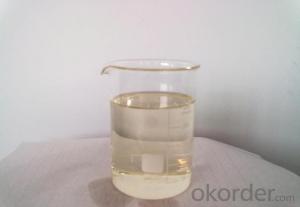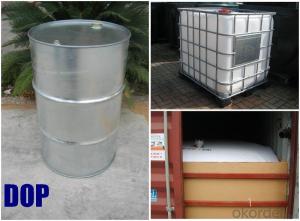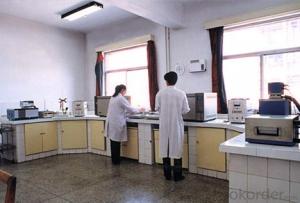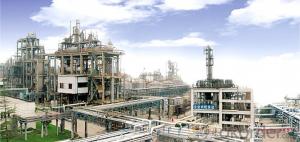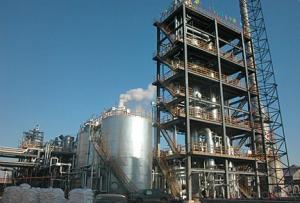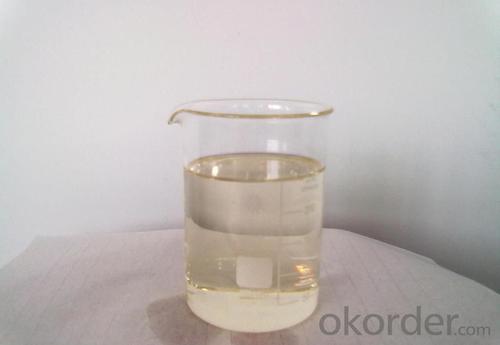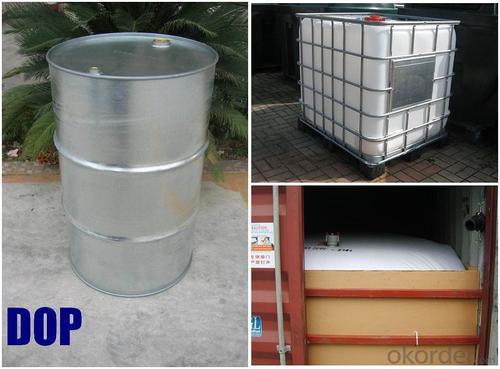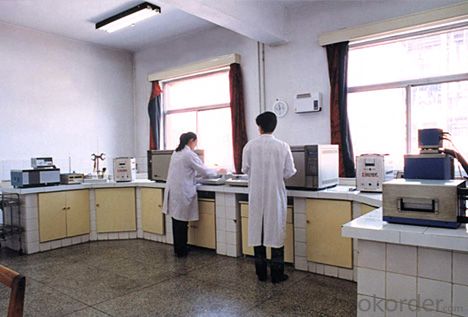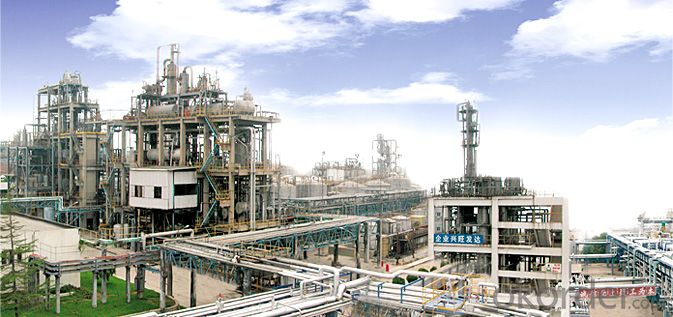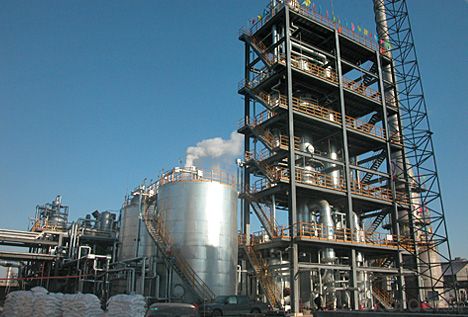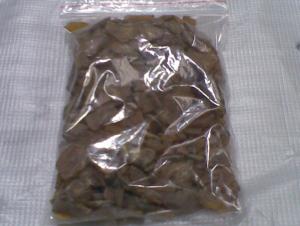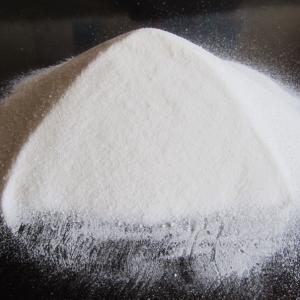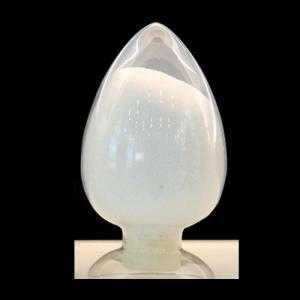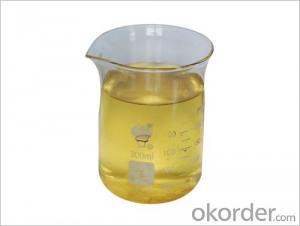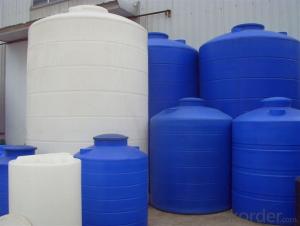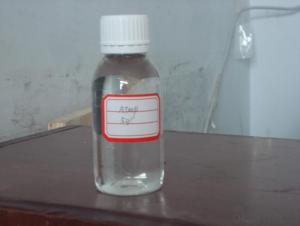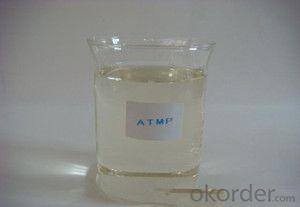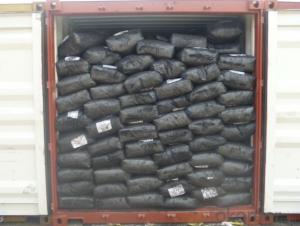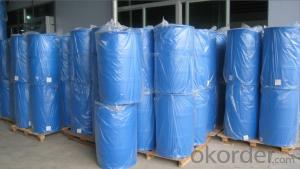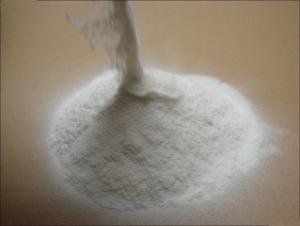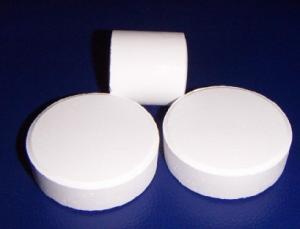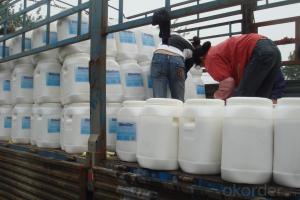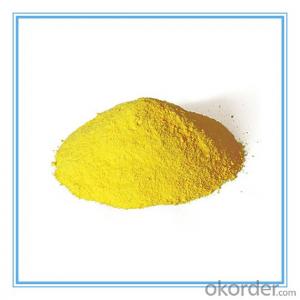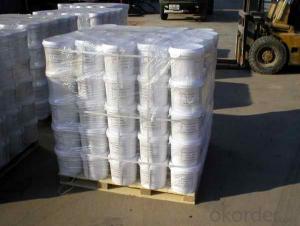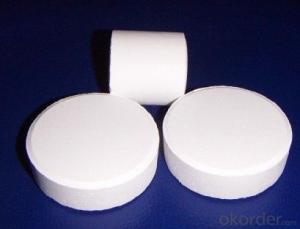Colorless DOP- oily liquid Plasticizer Hot Sale
- Loading Port:
- Tianjin
- Payment Terms:
- TT OR LC
- Min Order Qty:
- 20 m.t.
- Supply Capability:
- 8000 m.t./month
OKorder Service Pledge
OKorder Financial Service
You Might Also Like
DOP
Molecular Formular : C24H38O4
Molecular weight : 390.57
CAS No.:117-81-7
H.S Code : 2917.3200.00
EINECS No.: 204-211-0
Characteristics : Colorless transparent oily liquid, slight odor.
Processing : Injection Moulding
Application : It is one of the most extensively used plasticizers in plastics processing. It has comprehensive properties, such as high plasticizing efficiency, low volatility, UV-resisting property, water-extracting proof, cold-resisting property, and also good softness and electric property. As a fine main plasticizer, it is extensively used in processing polyvinyl choride and ethylcellulose resins to produce plastic film, imitation leather, electric wire, cable wearer, sheet, planet, mould plastic products and. Used in nitrocellulose paints, it can make the ethylcellu lose more elastic and more strong in extracting tension. It can be used as a softening agent of synthetic rubber, such as to make the product easier to rebound and harder to undergo form change under pressure, without affecting of the plastics.
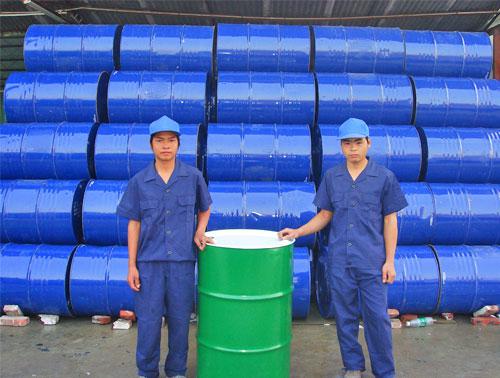
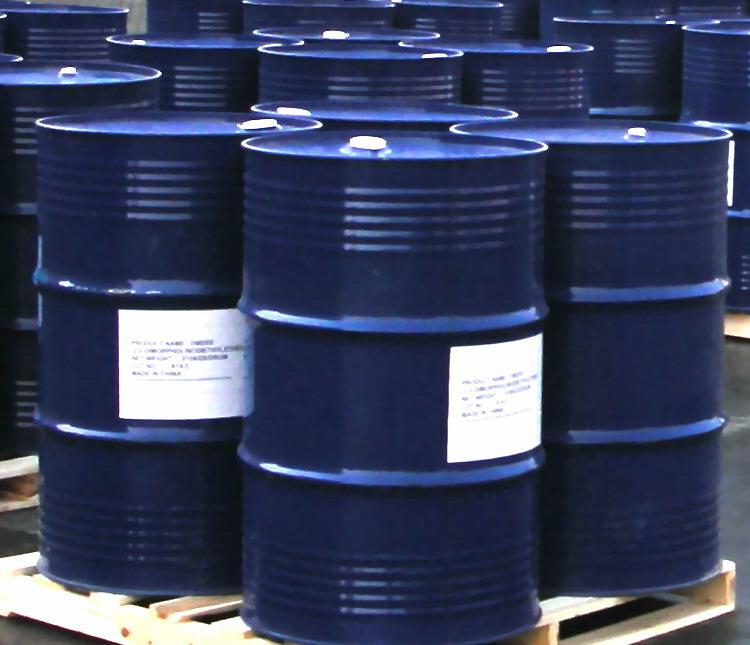
Specifications :
Quality Index | |||
Item | Value | ||
Super Grade | First Grade | Qualified Grade | |
Appearance | Oily liquid | ||
Color(APHA) ≤ | 30 | 40 | 120 |
PurityAs Ester% ≥ | 99.5 | 99.0 | 99.0 |
Acidity (benzene dicarbonic acid)g/cm | 0.01 | 0.015 | 0.03 |
Loss on dry (125oC3hr)%≤ | 0.2 | 0.3 | 0.5 |
Flash point(open)oC ≥ | 195 | 192 | 190 |
Density20,g/cm3 | 0.982-0.988 | ||
Volume Resistivity ΩM ≥ | 1.5×1011 | ||
Heat decrement % ≤ | 0.2 | 0.3 | 0.5 |
Water content,% ≤ | 0.1 | 0.15 | 0.15 |
Package and Storage :
Packed in 200KG/Galvanized Iron Drum or 1000kg/ISO TANK or flexibag container
Stored at dry,shady,ventilated place. Prevented from collision and sunrays,rain-attack during handling and shipping. Met the high hot and clear fire or contact the oxidizing agent,caused the burning danger.
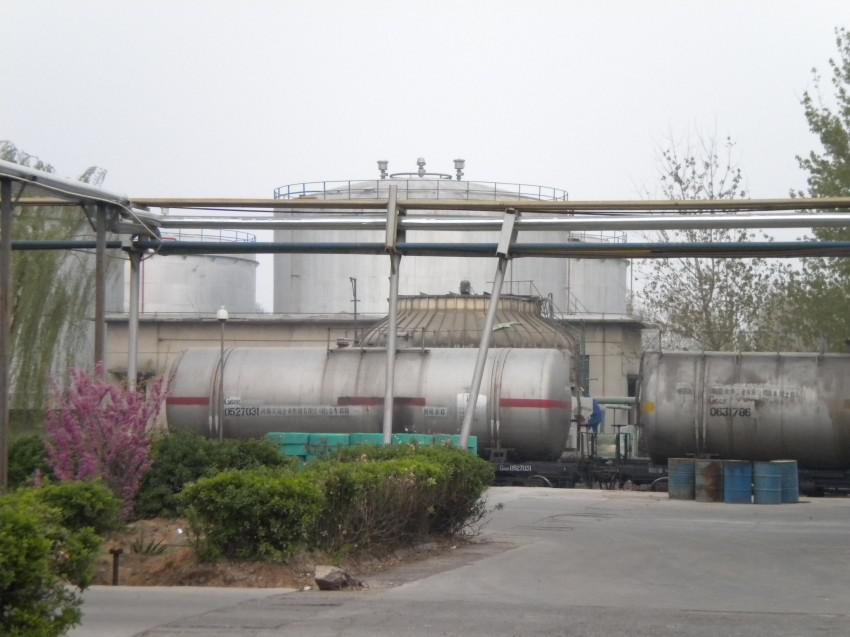
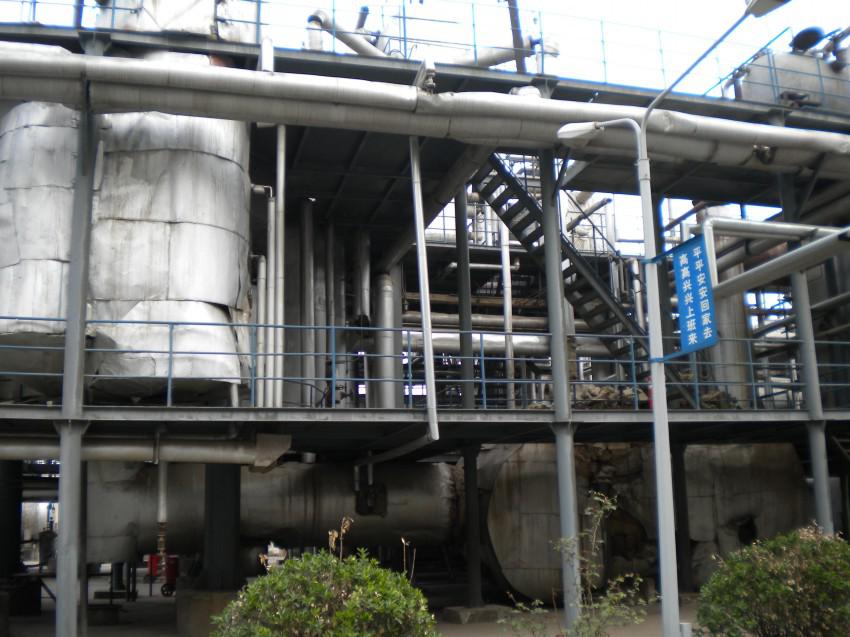
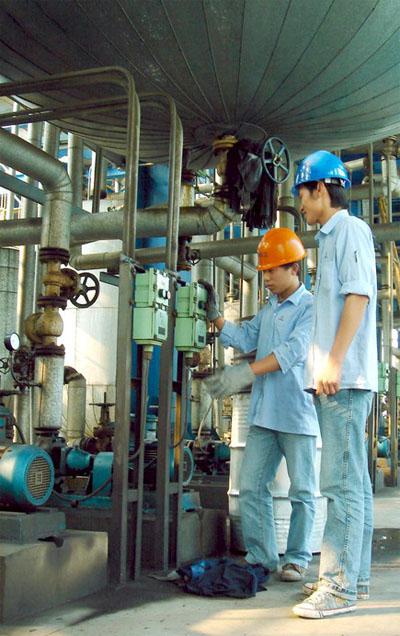
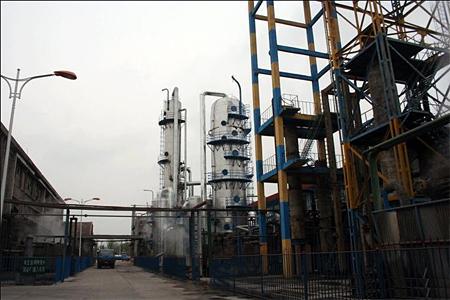
- Q: When there is a catalyst in the chemical equation, it is not necessary to match the atoms of the catalyst
- The habit of writing is not to write the catalyst involved in the equation, it is usually written in the equation above the equal or below
- Q: Chemical production of iodine and magnesium with water as catalyst!
- In the 250mL three bottles were equipped with spherical condenser and constant pressure dropping funnel, in the condensate tube connected to the anhydrous calcium chloride drying tube. The flask was placed with 1.5 g of magnesium chip and a small tablet of iodine, 10 g of bromobenzene and 30 mL of anhydrous ether were mixed in a constant pressure dropping funnel. First 1/4 of the mixture into the flask, a few minutes later see the magnesium surface of the bubble generated, the solution was slightly cloudy, iodine color began to disappear. If no reaction occurs, use a hot water bath. After the start of the reaction, stir, slowly dropping the remaining bromophene ether solution, dropping the rate to keep the solution was slightly boiling state, after adding, in the water bath to continue reflow 0.5h, magnesium tablets full effect.
- Q: What is a catalyst in a chemical reaction?
- I didn't actually need to know what a catalyst was for my chemistry exam just what it does. A catalyst is something that speeds up a chemical reaction.
- Q: Why is the catalyst in the chemical balance, the rate of change and balance?
- But the positive reaction rate is accelerated, but also speed up the reverse reaction rate, the two increase the same multiple, so the system is still in a stable state, the same balance.
- Q: And hydrogen peroxide
- I can only know that ferric ions can be, but in the iron oxide is not in the presence of ion
- Q: What is the catalyst condition in the chemical equation?
- Do you want to play on your computer? Trouble ah ~ no you add brackets it ~ word may be able to try ~ I have not studied ~ now look ~
- Q: High school stage which organic chemical reactions do not use catalyst
- Aldehyde and silver ammonia solution reaction, and the new system of Cu (OH) 2 reaction.
- Q: Describe the role of a catalyst and a substrate in a chemical reaction.
- Describe Catalysts
- Q: Why would the Eact decrease if a catalyst is added?
- Catalysts work by providing an (alternative) mechanism involving a different transition state and lower activation energy. The effect of this is that more molecular collisions have the energy needed to reach the transition state. Hence, catalysts can perform reactions that, albeit thermodynamically feasible, would not run without the presence of a catalyst, or perform them much faster, more specific, or at lower temperatures. This can be observed on a Boltzmann distribution and energy profile diagram. This means that catalysts reduce the amount of energy needed to start a chemical reaction.
Send your message to us
Colorless DOP- oily liquid Plasticizer Hot Sale
- Loading Port:
- Tianjin
- Payment Terms:
- TT OR LC
- Min Order Qty:
- 20 m.t.
- Supply Capability:
- 8000 m.t./month
OKorder Service Pledge
OKorder Financial Service
Similar products
Hot products
Hot Searches
Related keywords
